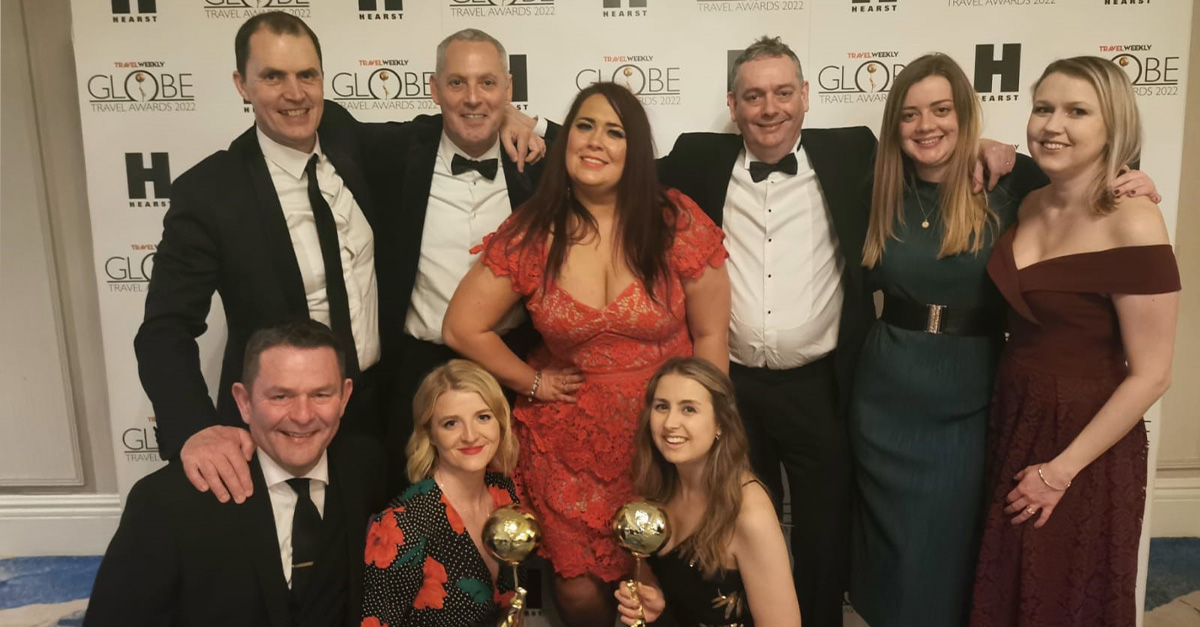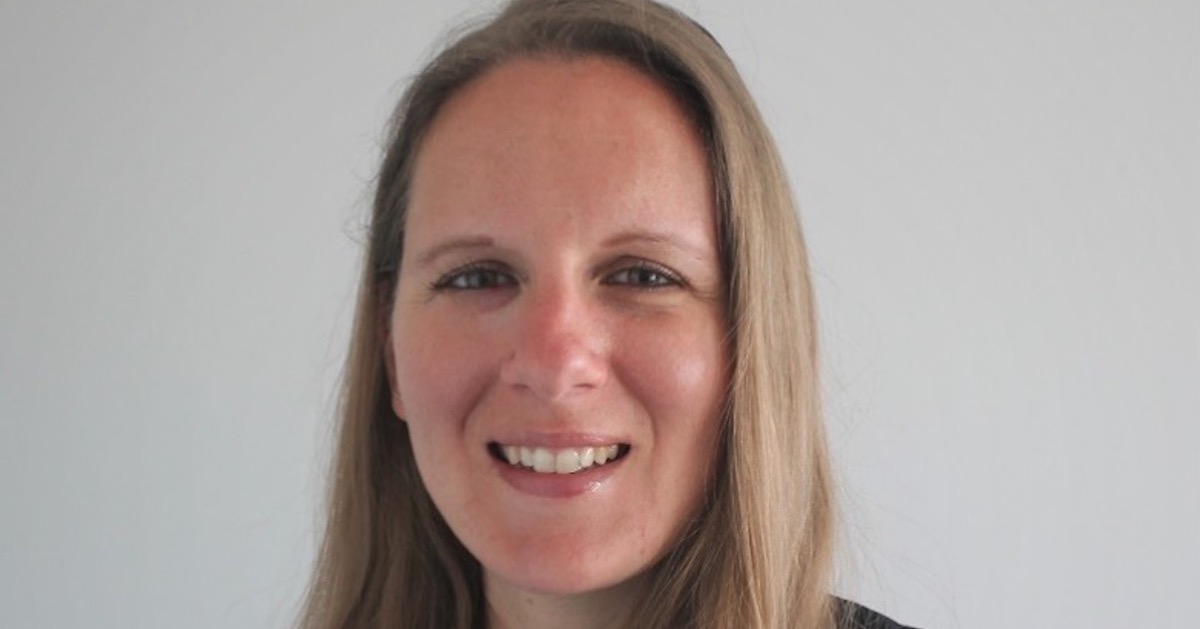People who are good at small talk ask these 5 questions to be 'more real and less awkward': Public speaking expert
Most people dismiss small talk as being pointless and awkward. But public speaking expert John Bowe says the key is to find common ground and demonstrate emotional intelligence. He shares the small talk questions that will make you seem...

Small talk is often dismissed as being pointless and anxiety-producing. People either want to jump right into real conversation, or they want to go home. But some of the most important relationships begin with a casual conversation.
Making memorable small talk hardly requires ground-breaking style or creativity so much as sensitivity and understanding. As a public speaking coach, I always tell people to think about finding common ground. Your goal? Show emotional intelligence. Take a risk, but don't be threatening.
Here are five questions that people who are good at small talk use to seem more real and less awkward:
1. "Where are you from?"
The best conversation starter questions are tailored to fit the moment, and they invite the other person to share in a way that's neither invasive nor difficult to answer.
Luckily, people love to talk about their hometowns. If you're at a wedding in Boston, for example, you might ask, "Did you fly in or are you from around here?" If you're at a dog show, you might ask, "Are you a long-timer here at Westminster?"
A variant of this question could also be, "How do you know so-and-so?" (i.e. the person hosting the event). In any case, the point of these questions is simple: "How did you come to be standing in front of me?"
2. "What was your least favorite job?"
My friend who claims to hate small talk — but who also happens to be the best small-talker I know — likes to frame questions as though they are part of a poll: "I have a question I always ask people: What was your least favorite job?"
This lends itself to many follow-up questions. The bad job had to have happened somewhere ("Where?"). And it undoubtedly included horrible duties ("What were they?") and a hideous boss ("They did what? No one stopped them?").
The poll approach can be applied a million different ways. Take travel, for example: "I'm trying to plan my next trip, and I'm taking a poll: If you had a month off, starting tomorrow, where would you go?"
3. "Are you having a nice time?"
This question has an endless amount of variants: "Are you having fun?" "Isn't this great?" "How's your summer going?" "Are you cold?" "What do you like better, the [X thing in the room] or the [other X thing in the room]?" "I was just thinking about the keynote speaker and what she said about [X]. Did you notice that?"
All of these are great because they allow for easy connection. With a stranger, you get to reflect on something that's happening to both of you, and make them more comfortable in the process.
4. "What do you do?"
This question gets a bad rap for being a horribly American thing to ask, given our reputation for "workaholism."
But if you're an American speaking to other Americans, then why not go with the flow? In fact, I've found that many Americans find it weird if you don't ask what they do.
I've heard this question phrased more delicately in Spanish: "To what do you dedicate yourself?" Seen in this light, it's considerate to ask "What do you do?" because it really means "What do you care about most?"
There's always room for sincere inquiry about people's interests. If you're at an industry event, it's easy to ask if someone is participating or there to observe.
Again, if you're at a dog show, you might ask, "Are you here as a spectator or a professional?"
5. "Tell me about your family."
For many people, family is the most important subject. To inquire about someone else's family is a show of respect.
If the person you're talking to seems to have come to an event with their family, for example, it's perfectly polite to ask, "Do you have other siblings?" "Are you the oldest or youngest?" "Is that your brother? You look identical."
It's also true, however, that family for many people is an enduring and unhealed source of trauma or stress. As with any topic, if someone looks uncomfortable, back off.
John Bowe is a speech trainer, award-winning journalist, and author of "I Have Something to Say: Mastering the Art of Public Speaking in an Age of Disconnection." He has contributed to The New Yorker, The New York Times Magazine, GQ, McSweeney's, This American Life, and many others. Visit his website here.
Don't miss:
People who are good at small talk always avoid these 7 mistakes, says public speaking expertStop asking ‘how are you?’ Harvard researchers say this is what successful people do when making small talkDitch these 12 words and phrases that make you sound boring, says speech expert—and what to say instead
 AbJimroe
AbJimroe 
































